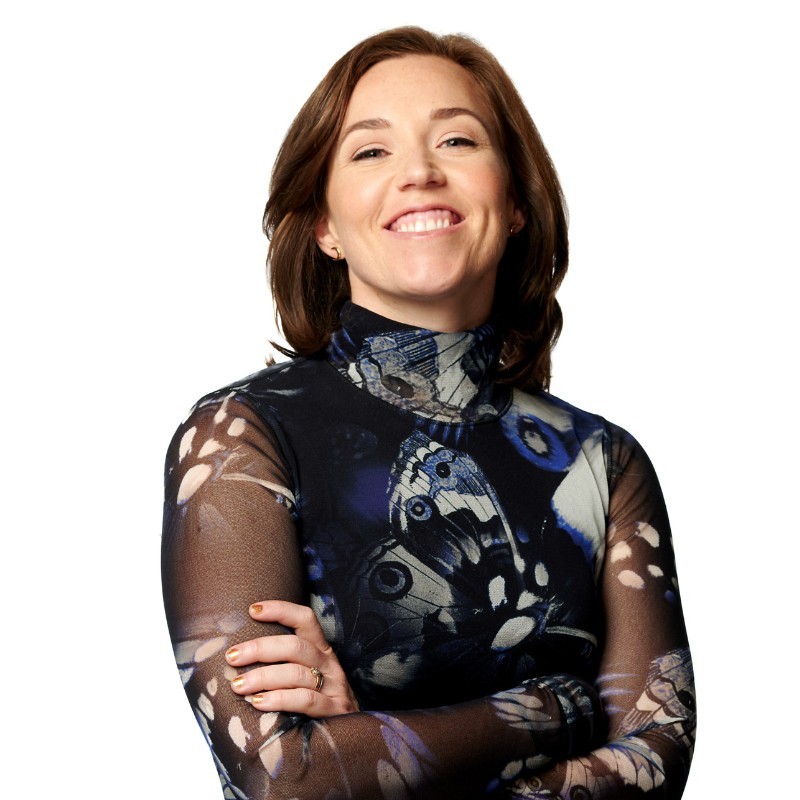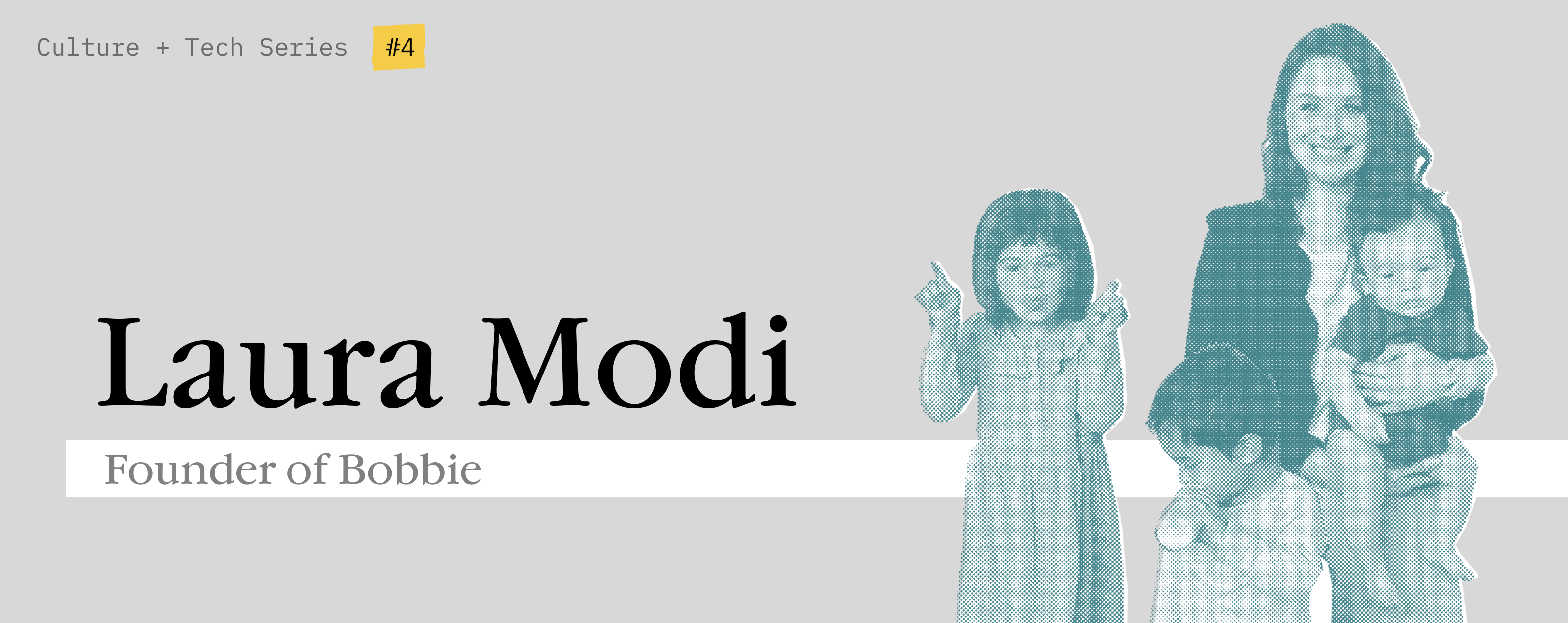
I was sitting in Laura Modi’s San Francisco living room in a circle of moms and babies, tears rolling down my face. It was 2018, and Laura had gathered a group of moms to discuss their breastfeeding journeys. Why had I waited so long to have kids?
We had just just led Bobbie’s pre-seed round. There were many functional reasons we chose to invest: infant formula had a proven $1k+ LTV in year one with very low churn, the few large incumbents were out of touch with millennial tastes, and parents were turning to a massive black market for European alternative. But really, we invested because of Laura.
Fast forward to November 2020, and I found myself crying again, this time with my two month old son in my arms. He wasn’t gaining weight and our midwives were encouraging us to supplement with formula. On our way home, I texted Laura for support, as always, she gave it unconditionally. I’m proud to say my son is one of the first Bobbie babies raised on the product that was once a pitch deck, bubbling up in my inbox.
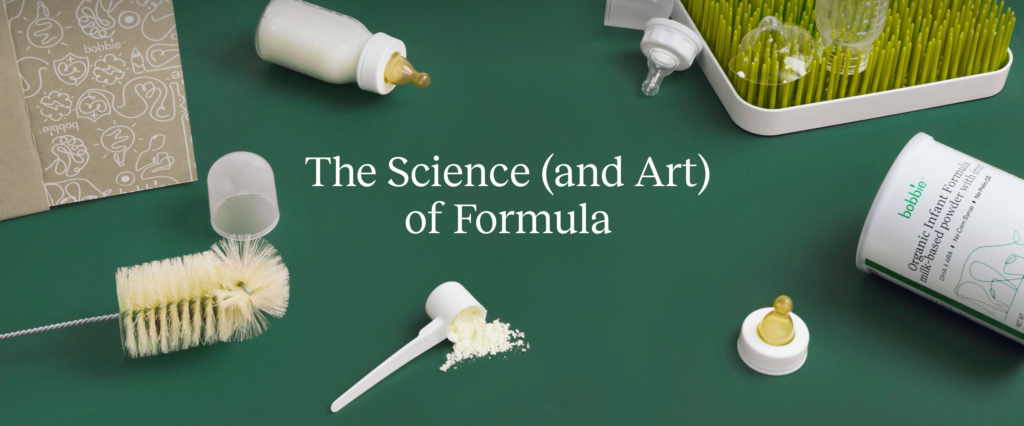
Kate McAndrew: So I was born in 1987. My mom was a working mom, and I was formula fed. At that time it was very normal. Then something changed. Formula took on a real culture of shame and became kind of a second-class citizen.
Laura Modi: The stigma that has come with formula feeding and decisions about how you feed your child has a lot to do with the lack of progress in the field. There has been very little progress in the world of evolving the basic nutritional requirements for infant formula here in the US. Essentially, the formula you ate as a baby is still the same formula you’re going to be buying for your own kid. Bobbie is the first company in five years to launch an infant formula. Yet formula is used every day as the only substitute to breast milk.
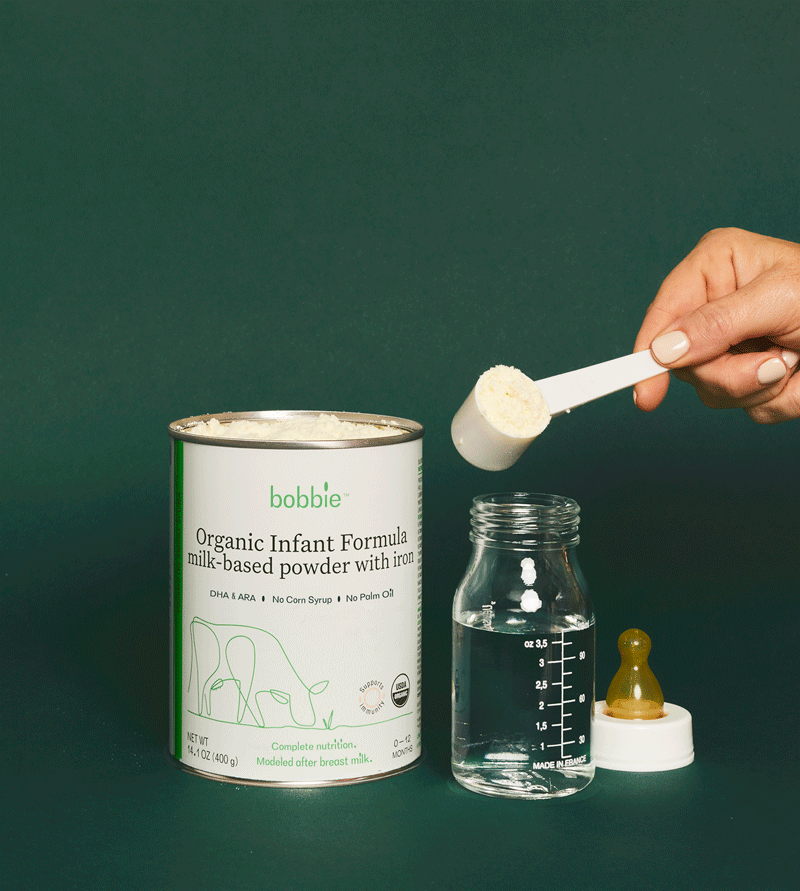
Kate: What’s your perspective on leading the charge to shift the conversation?
Laura: If you’re leading the charge in anything that is pushing boundaries, you need to be prepared for backlash. You need to have extremely tough skin. It can be very, very challenging to enter a space where there’s a myopic, steadfast opinion about how something should be. Leading the charge means you’re coming forward to question the status quo. So you have to bring on change makers. From your investors to the people you bring in-house, you need people who are constantly questioning what it means to change the current market.

Kate: You’re a magnet for talent, which is a phenomenal quality for a founder. What have you done to give yourself that talent edge?
Laura: The first ten to twenty people you pull in early, that inner circle, will make or break a company. The challenge is that when you start a company, you have no money and you’re trying to attract people with a spreadsheet basically. In my past experience, I’d seen that women were rarely asked to come forward to be advisors or to sit on boards. So the first thing I did was to create a Mother Board. The Mother Board concept was to invite 25 women – top talent – to give us four to five hours a month in return for equity in the company. The beauty of this was that while I couldn’t attract a top PR person to join a start-up two months into launching, I was able to attract top talent to come on board as advisors to the business for four hours a month. Fast forward – we’ve now converted six people from the Mother Board to full-time employees.
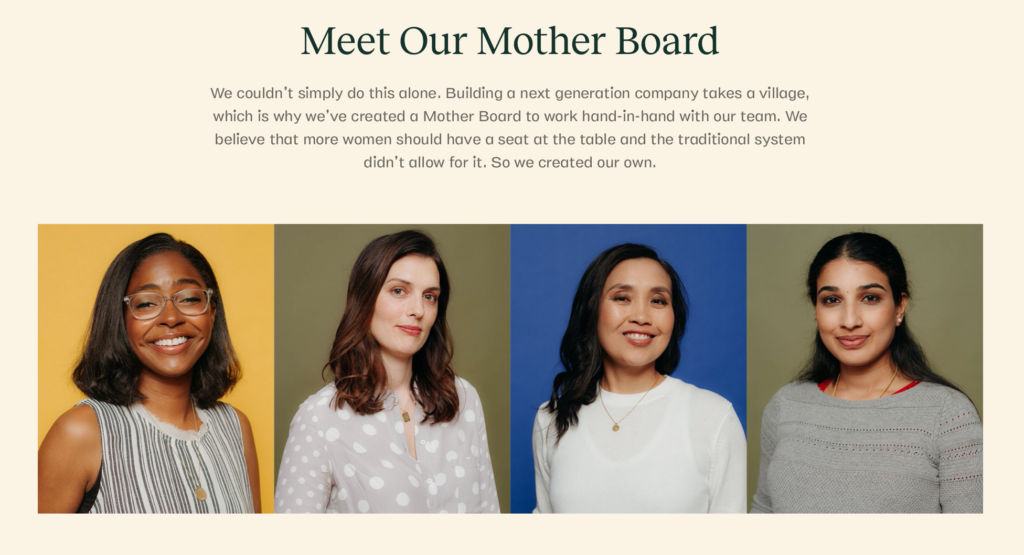
Kate: The Bobbie team is really a team of moms- there are something like 22 kids under 5 between you all. In 2020, your team of moms got FDA approval and you launched in the beginning of 2021. Incredible accomplishments. I’m curious how you evolved your culture to meet the needs of your team given the pandemic? As a leader, how did you respond to that very challenging context?
Laura: On a personal level, leading a company while having a baby during the pandemic was a real way to walk the walk and talk the talk. I was in it. The week before the FDA submission was pushed through, I pushed out my baby boy. We had folks on maternity leave at the time, we had folks who were pregnant, and we were all parents.
We recognized that professional life was now being fit into personal life.
First off, we recognized that professional life was now being fit into personal life. We were entering the living rooms of our team members. Immediately, we enacted a sense of permission. Permission to have a kid on your lap, permission to breastfeed during a meeting, or to be gone for a few hours during the day knowing that person will be on post bedtime.
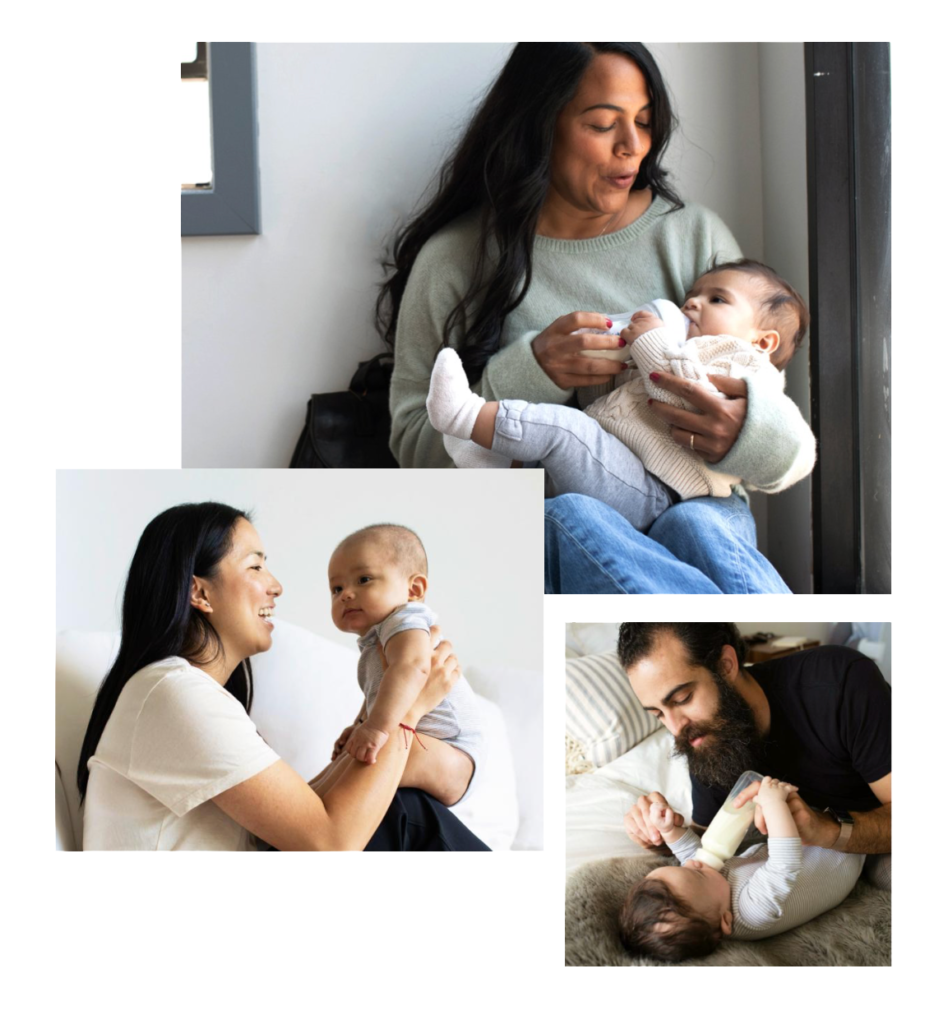
Kate: When we led your pre-seed round, you were a solo founder. What gave you the confidence to bring on Sarah Hardy as your co-founder after you’d already been working on the company for a while and raised a round of funding? How would you advise other solo founders to think about bringing on a co-founder?
Laura: I’ve never been more confident in a decision. There were a lot of questions – why are you bringing on a co-founder right now? Well, there’s a huge difference between founding a company and building it for the next ten years. They’re two completely different things. The desire to do this journey on my own wasn’t there. Having a close confidante, being able to do this with someone else, means the world.
If you’re leading the charge in anything that is pushing boundaries, you need to be prepared for backlash.
So I knew I wanted to bring someone on board. The next question was – who is that person? I’ve never gone so far against people’s feedback as I did on this. People said –bring on your complete opposite. You’re making infant formula. Go find your dietician. Go find your food scientist. And I took that to heart for so long. But when you don’t come from that world, you’re essentially going out to find a stranger to be your work wife. Why do that? It’s like going on a blind date and immediately asking someone to marry you. So I went against this tradition of finding your complete opposite to be your co-founder. And I hired the only other person in the world I would trust to run operations (which was my entire background!) So now I have my co-founder Sarah, my work wife, my soul sister, who I trust to take on every part of the world of operations while I focus on other parts of the business where there are huge learning curves. It goes against everything I was told, and I would recommend it to anyone.
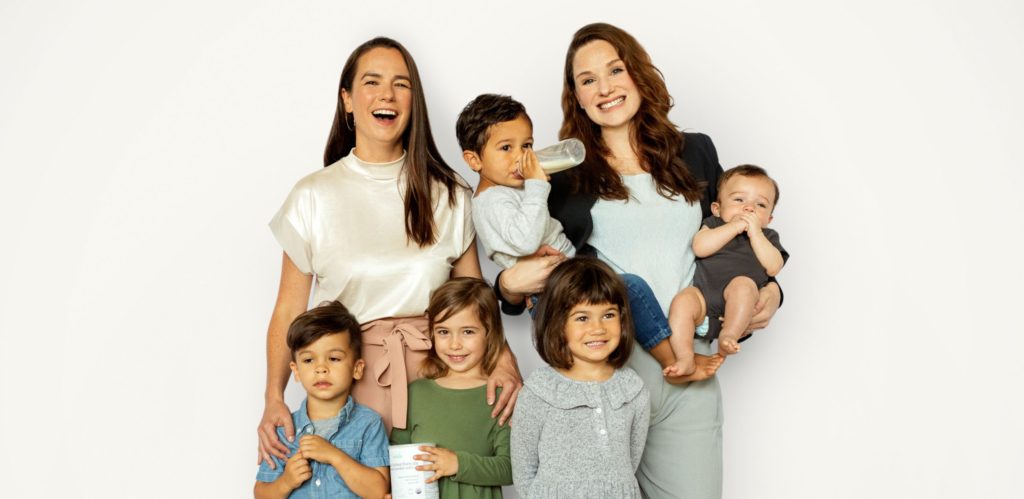
Kate: And you and Sarah had worked very closely together at Airbnb for many years.
Laura: We had years of experience at Airbnb working through really hard things together at random hours. We would be working on certain things in the middle of the night, like I remember a Saturday night when the phone systems for customer service went down. So yeah, I never questioned it.
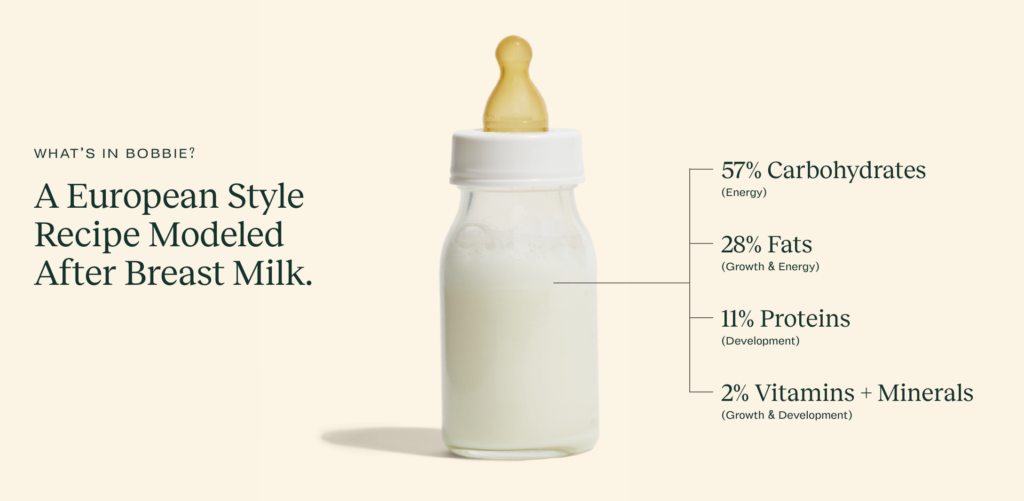
Kate: Airbnb famously has a culture of strong design. Has that influenced you at Bobbie?
Laura: One hundred percent. One of the things Airbnb gave me early on was an appreciation for quality and design in every aspect of the experience. Every aspect. I took that to heart in building this company. Whether it’s the elements on the box, parts of the website or email communication, everything has been designed for surprise and delight.
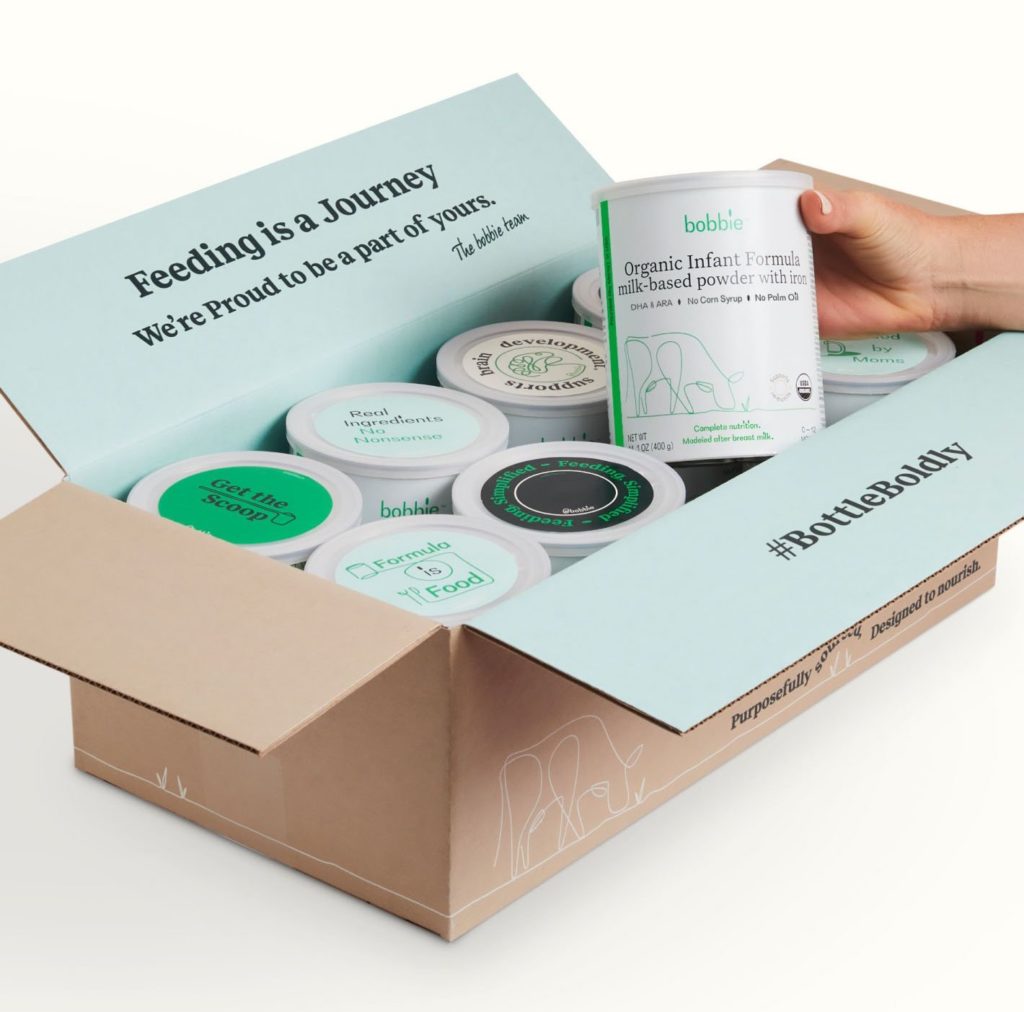
Kate: What inspires you? If you ever feel the well has run dry – what do you do to get renewed inspiration?
Laura: The first thing that inspires me is doubt. It gives me so much fuel and fire. One of the biggest challenges– and opportunities– I think for a woman is being underestimated. This gives me unbelievable fire to go prove people wrong.
The other thing that really inspires me is giving back. It’s something that I’ve really taken to heart in raising children. Having kids has made me think a lot about what it means to build good humans, those with gratitude and humility. It’s hard to raise kids in Silicon Valley in a certain way. You have to really overemphasize and make sure they understand the bigger picture in the world and what it means to give back.
One of the biggest challenges– and opportunities– I think for a woman is being underestimated.
Kate: What other companies inspire you? Ten years from now, what company do you want Bobbie to be like?
Laura: There’s not one company – and it’s a good sign when you can’t name one, because it means there’s a specific space you aim to fill. But there are elements of many companies that jump out. I think of Weight Watchers. What they did to change the conversation… They shook the stigma hard when it came to thinking about weight. I come from a tiny town in the west of Ireland. I mean bum ass middle of nowhere. And there are two Weight Watchers leaders in the town. And they are the town’s Weight Watchers leaders. Everyone knows them. They’ve very proud of what they do. And when you can foster that level of pride and ownership in a brand, at a level of community like that? That is phenomenal.
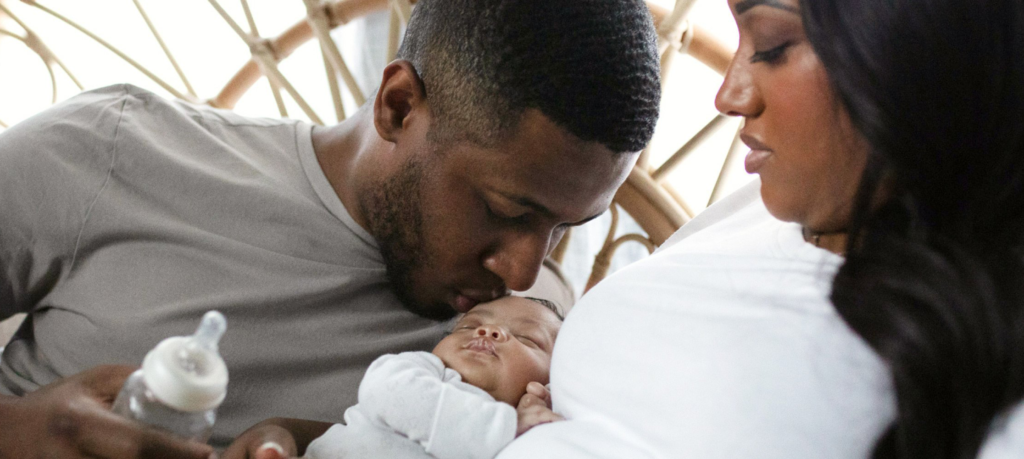
Kate: You’re obviously busy running Bobbie, but are there any opportunities you’re seeing outside your category that you think are interesting?
Laura: I have an entire folder. One idea that I’m extremely passionate about is at the other end of the spectrum and that’s the baby boomers thinking about – honestly, the end of their life. I watch my parents. They have money and time on their hands and have no idea what to do with it. People who innovate are often focused on the problems they face around them. And sadly, as we’ve moved away from being close to family and we’re more transient, we’re not as focused on the problems of the generations before us. They’re sitting at home waiting for people to innovate for them.
Another thing we need to figure out is how we’re going to get people out of their everyday. So people can still make a living, but shake up their everyday. This concept of Groundhog Day needs to change. Oh there’s so much to do!
(Interview has been edited and condensed.)
Bolt invests at the intersection of the digital and physical world.
